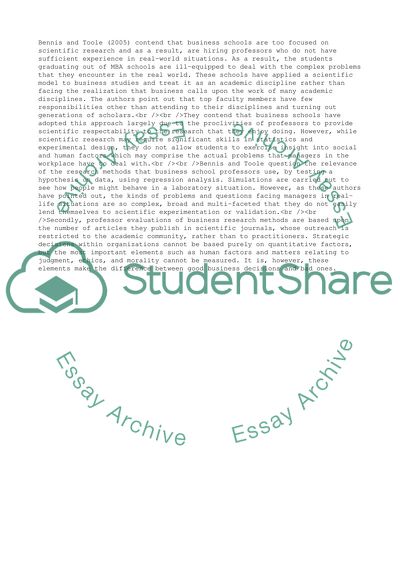Cite this document
(Research Needed towards the Management Theory to Complement the Existi Literature review, n.d.)
Research Needed towards the Management Theory to Complement the Existi Literature review. Retrieved from https://studentshare.org/management/1709996-literature-review-the-problem-of-relevance-in-business-research
Research Needed towards the Management Theory to Complement the Existi Literature review. Retrieved from https://studentshare.org/management/1709996-literature-review-the-problem-of-relevance-in-business-research
(Research Needed towards the Management Theory to Complement the Existi Literature Review)
Research Needed towards the Management Theory to Complement the Existi Literature Review. https://studentshare.org/management/1709996-literature-review-the-problem-of-relevance-in-business-research.
Research Needed towards the Management Theory to Complement the Existi Literature Review. https://studentshare.org/management/1709996-literature-review-the-problem-of-relevance-in-business-research.
“Research Needed towards the Management Theory to Complement the Existi Literature Review”. https://studentshare.org/management/1709996-literature-review-the-problem-of-relevance-in-business-research.


